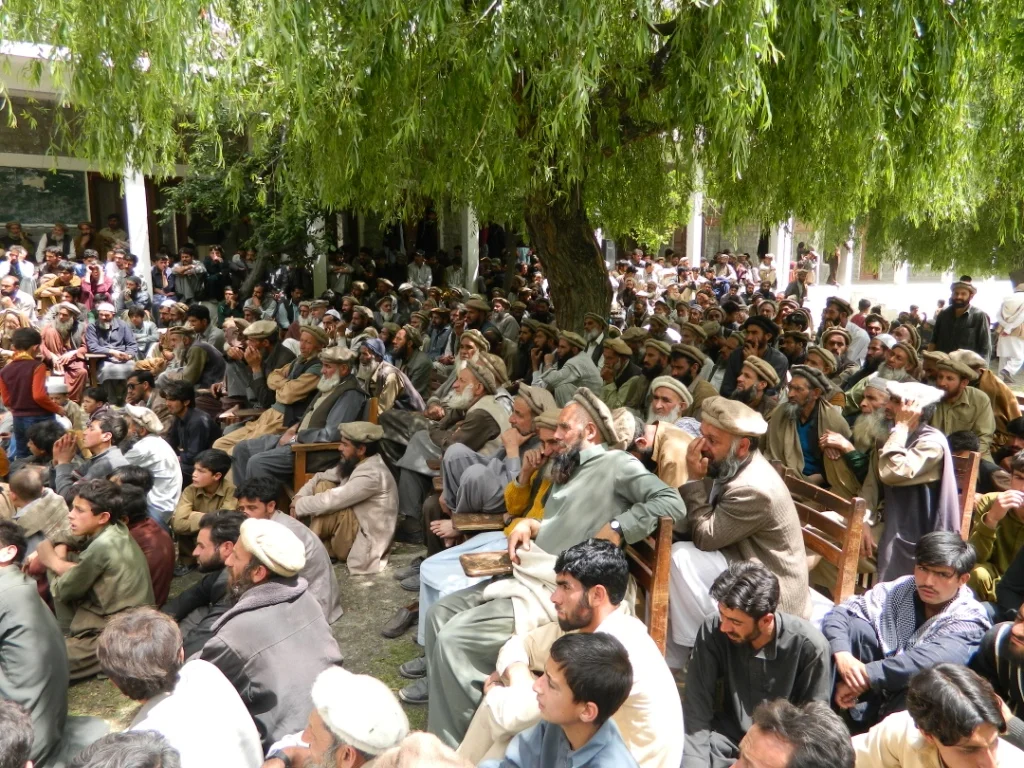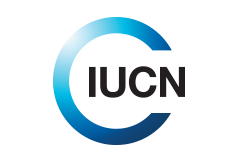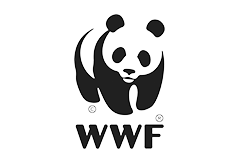By Peter Zahler, Michael Painter, and David Wilkie
Discussions about democracy, at least as reported in western news media, seem all too often limited to whether elections are “free and fair.” While this is clearly an important issue, it is easy to lose sight of the fact that free and fair elections are really an end product of an extended engagement with democratic processes.
First there must be a strong demand for democracy among the electorate, and even before that, there must be a broadly shared vision of what democracy is, what benefits it offers, and what it takes to make it work.
Conservation organizations often invest in some of the most remote places on the planet because that is where nature continues to remain intact and resilient to global change. In these last, wild places local people are usually poor, isolated from markets, and politically marginalized. Interactions with government typically involve state agencies that do not have the resources or capacity to deliver services to which citizens theoretically have a right.
Worse, the government agencies with which remote communities have regular contact may be responsible for implementing policies that promote the appropriation of their lands and resources, and undermine their quality of life. This breeds a cynicism about what rights one might hope to secure through government and undermines the idea that it is possible to obtain benefits through transparent, participatory actions.
As the modern world increasingly enters into the lives of families in even the most remote locations, responding effectively to resource management issues arising from extractive industries, large-scale infrastructure development, and changes in rainfall and temperature driven by climate change requires decision-making at a larger and more inclusive scale.
For this to happen, groups of families – and often groups of communities – must be empowered to participate in this process. Their ability to come together to decide collectively how best to govern the use of wildlife and other natural resources they depend upon is a key to effective conservation.
As this understanding has grown, conservation organizations have come to recognize that durable systems to manage resources and protect wildlife require that local people are empowered, trained, and supported to make informed decisions about how to use their lands and resources and implement those decisions effectively.
This involves supporting local people to 1) secure recognition of rights to their land and resources; 2) build the technical and administrative capacity to regulate access to their resources; and 3) exercise their rights effectively to influence development policy-making and participate meaningfully in development planning and decision-making regarding issues that affect their quality of life.
When local people establish and operate a legitimate, accountable and capable natural resource governance organization, they build skills and experience in taking collective action to overcome common challenges and attain shared objectives. By working together to correct outdated rules and ensure that all stakeholders are on similar footing to participate in decision-making, members develop the skills and confidence needed to listen and negotiate, tilt toward compromise rather than conflict, value transparency, practice accountability, and demand fairness – all requisites for democracy.
Today, we can see the fruits of building democratic systems from the ground up, as local people apply these skills to other issues that go well beyond managing wildlife and natural resources. In Guatemala’s Maya Biosphere Reserve, for example, local people who were able to cooperate in managing their land and forest resources successfully demanded government agencies hold themselves to the same standards of accountability and responsiveness that local people require of themselves.
This principled stand led to reductions in deforestation and the incidence of forest fires on government managed lands, the restoration of misappropriated state land, increased use of local crime reporting to reduce drug trafficking, and better provision of school, health and sanitation services by the state.
In Pakistan’s northern mountains, although local people have lived in formally recognized tribal associations, they have done so within steep valley watersheds, cut off not only from local and central government, but from each other by some of the highest mountains on earth. Despite a long history of isolation and local enmity, and even violence, rapid environmental degradation led communities to join first with outside conservation organizations, and then with each other to form new governance organizations for resource management and sustainable development.
These new multi-community organizations have developed not only democratically approved rules for decision-making, but also a platform for coordination and discussion with neighboring tribal groups as well as the provincial government. These organizations now manage 22 multi-community conservancies, registered by the local government and identified as IUCN Category VI Protected Areas.
In Pakistan, shared revenue from wild products ranging from chilgoza pine nuts to markhor goat trophy hunting has provided significant improvements in local livelihoods, while roughly 100 community rangers have ensured that these economically important species are well-protected and even rapidly increasing in the landscape.
Whether or not people are yet participating in free and fair elections, more and more local communities are learning how to collaborate in building processes and procedures to ensure that their members share equitably the benefits of sustainable natural resource use. They are following a reliable path toward better governance, but perhaps more importantly, their growing experience is stoking an ever greater demand for democracy.
Peter Zahler is the Director of the Training and Capacity Building Program at WCS (Wildlife Conservation Society). Michael Painter is a senior technical advisor at WCS. David Wilkie is WCS Executive Director of Conservation Measures and Communities.
Photo ©WCS Pakistan








